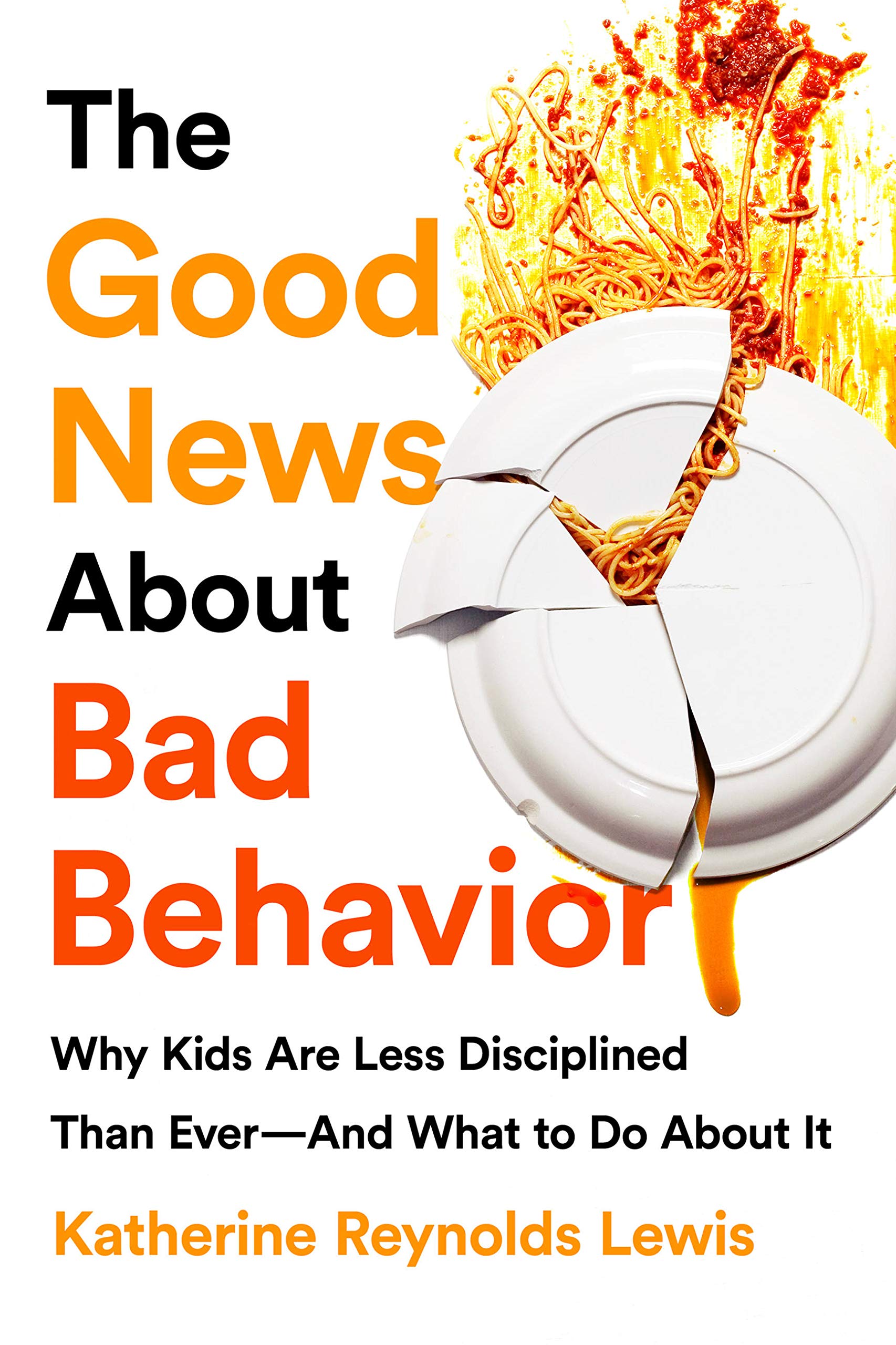The current model of parental discipline is as outdated as a rotary phone.
Why don’t our kids do what we want them to do? Parents often take the blame for misbehavior, but this obscures a broader trend: in our modern, highly connected age, children have less self-control than ever. About half of the current generation of children will develop a mood or behavioral disorder or a substance addiction by age eighteen. Contemporary kids need to learn independence and responsibility, yet our old ideas of punishments and rewards are preventing this from happening.
To stem this growing crisis of self-regulation, journalist and parenting expert Katherine Reynolds Lewis articulates what she calls The Apprenticeship Model, a new theory of discipline that centers on learning the art of self-control. Blending new scientific research and powerful individual stories of change, Lewis shows that, if we trust our children to face consequences, they will learn to adapt and moderate their own behavior. She watches as chaotic homes become peaceful, bewildered teachers see progress, and her own family grows and evolves in light of these new ideas. You’ll recognize your own family in Lewis’s sensitive, realistic stories, and you’ll find a path to making everyone in your home more capable, kinder, and happier–including yourself.
The Good News About Bad Behavior: Why Kids Are Less Disciplined Than Ever — And What to Do About It
$11.99
This parenting book provides strategies for the home educator to help manage student behavior and foster self-control.
The Good News About Bad Behavior: Why Kids Are Less Disciplined Than Ever — And What to Do About It
$6.00
This book provides parents and educators with strategies to understand and improve child behavior and self-control.
The current model of parental discipline is as outdated as a rotary phone. Why don’t our kids do what we want them to do? Parents often take the blame for misbehavior, but this obscures a broader trend: in our modern, highly connected age, children have less self-control than ever. About half of the current generation of children will develop a mood or behavioral disorder or a substance addiction by age eighteen. Contemporary kids need to learn independence and responsibility, yet our old ideas of punishments and rewards are preventing this from happening. To stem this growing crisis of self-regulation, journalist and parenting expert Katherine Reynolds Lewis articulates what she calls The Apprenticeship Model, a new theory of discipline that centers on learning the art of self-control. Blending new scientific research and powerful individual stories of change, Lewis shows that, if we trust our children to face consequences, they will learn to adapt and moderate their own behavior. She watches as chaotic homes become peaceful, bewildered teachers see progress, and her own family grows and evolves in light of these new ideas. You’ll recognize your own family in Lewis’s sensitive, realistic stories, and you’ll find a path to making everyone in your home more capable, kinder, and happier — including yourself.
Additional information
| Weight | 0.24 lbs |
|---|---|
| Dimensions | 14 × 1.9 × 21 in |
Reviews
There are no reviews yet.








![The Explosive Child [Sixth Edition]: A New Approach for Understanding and Parenting Easily Frustrated, Chronically Inflexible Children](https://m.media-amazon.com/images/I/7148uFt7XbL.jpg)

Reviews
There are no reviews yet.